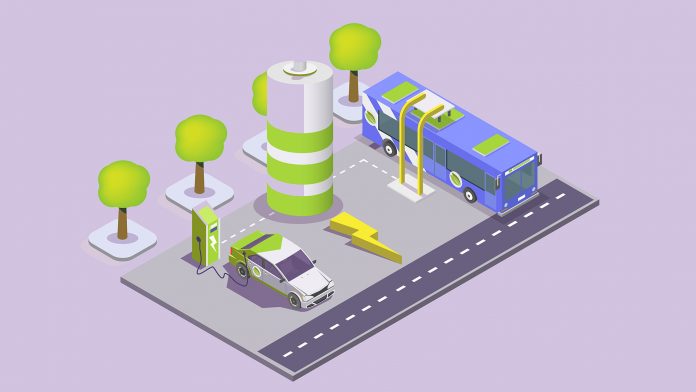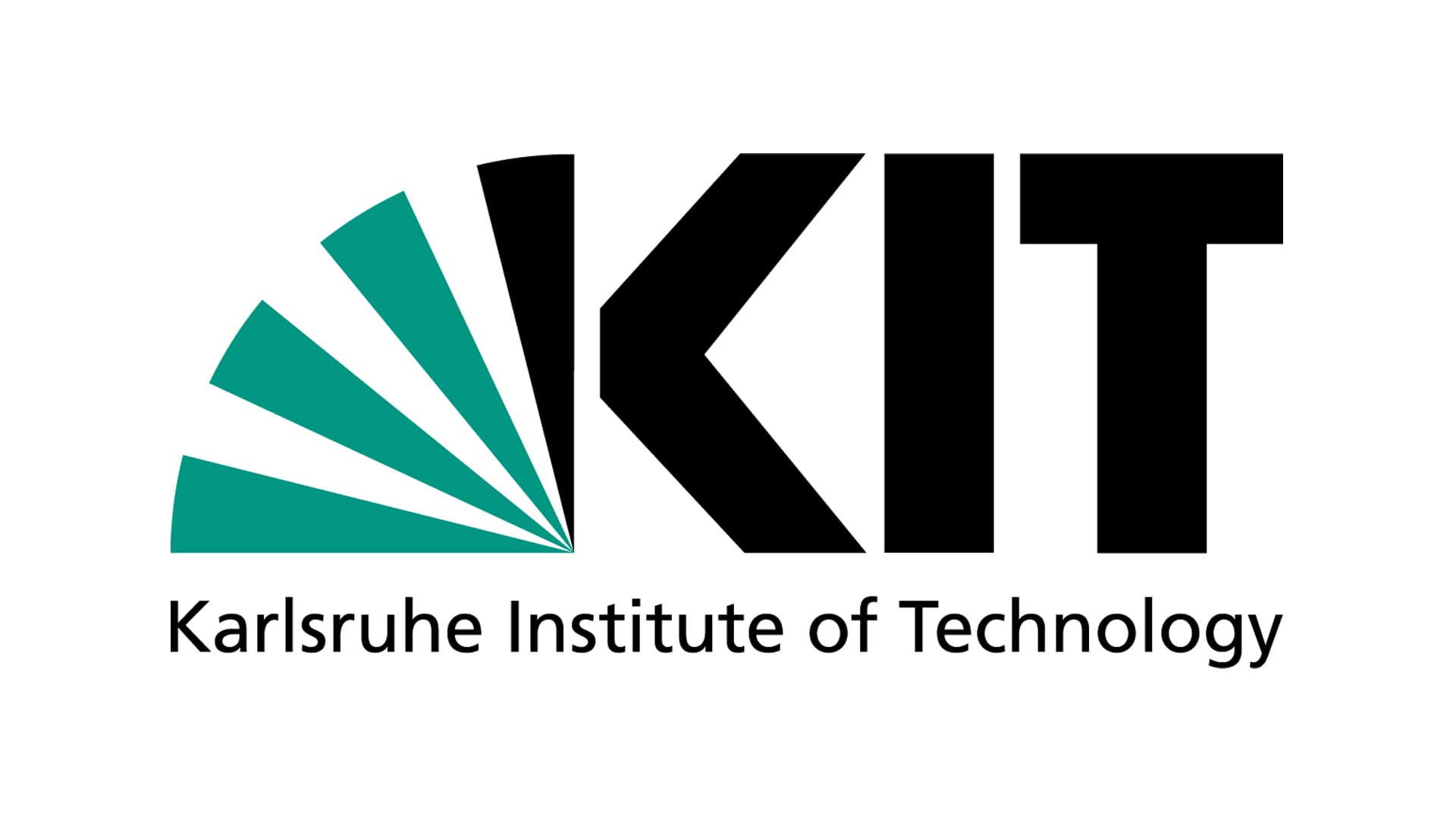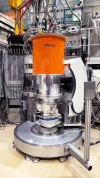The Batteries – Calorimetry and Safety group at KIT helps to develop safer, more efficient battery packs in the Horizon 2020 project HELIOS.
The Batteries – Calorimetry and Safety group from Karlsruhe Institute of Technology (KIT) is participating in the HELIOS (High-pErformance modular battery packs for sustalnable urban electrOmobility Services) project to develop safer, more efficient modular battery packs. This European project, which was launched on 1 January 2021, is funded by the Horizon 2020 framework and has received approximately €10m from the European Commission.
HELIOS is coordinated by the Aarhus University (AU) and the following 18 partners are working together on improved modular battery packs:
- Aarhus University (Denmark)
- Karlsruhe Institute of Technology (Germany)
- Izmir Institute of Technology (Turkey)
- Aalto University (Finland)
- IREC (Spain)
- RDIUP (France)
- NVISION (Spain)
- VESTEL EV Charging Solutions (Turkey)
- VITESCO (Germany)
- IDNEO (Spain)
- BOZANKAYA (Turkey)
- Universitat Politécnica de Catalunya (Spain)
- Center for Solar Energy and Hydrogen Research Baden-Württemberg (Germany)
- Danish Technological Institute (Denmark)
- TU Sofia (Bulgaria)
- TUBITAK MAM (Turkey)
- European Copper Institute (UK)
- KNEIA (Spain)
By bringing together the expertise of industry and academia, the HELIOS project aims to develop and integrate innovative materials, designs, technologies, and processes to create a new concept of sustainable, more efficient battery packs. These battery packs should be modular and scalable for a wide range of electric vehicles used in urban electromobility services. The HELIOS project also aims to provide improved performance, energy density, safety, lifetime, and LCoS (Levelised Cost of Storage).
The HELIOS team wishes to utilise novel developments that integrate hardware and software solutions for the smart control of electrical and thermal management systems that exploit advanced materials, power electronics, sensors, and cutting-edge ICT, such as cloud-based Big Data analysis, Artificial Intelligence and IoT (Internet of Things) technologies.
These combined approaches allow the team to increase energy and power density whilst also enhancing key characteristics like ultra-high power charging and improving the safety of the battery pack. The new technology will improve E fleet control and health management strategies to extend the lifetime of batteries, whilst also allowing researchers to monitor the battery’s State of Charge (SOC), State of Health (SOH), and carbon footprint throughout its entire life cycle. This new project is based on a circular economy approach where the modular battery packs can be easily re-used in a range of 2nd life applications prior to EoL recycling.
The HELIOS project work plan is organised in ten linked work packages. Involved in cells selection and definition of testing scenarios, the Batteries – Calorimetry and Safety group leads Work Package 4, named “Cell and battery pack testing and modelling”. The main scientific objective of the work performed at the Karlsruhe Institute of Technology, the Danish Technological Institute, and the Center for Solar Energy and Hydrogen Research Baden-Württemberg is to determine the coupled electrochemical, thermal, and safety data that are required as input parameters for the modelling or as validation data for the simulation results. These data are acquired on the materials, cells, and pack level under both normal use and abuse testing scenarios and are stored and aggregated in a database. At the KIT, six adiabatic accelerating rate calorimeters (ARCs) of different sizes in combination with battery cyclers with different current and voltage ranges are used for quantitative studies on heat generation and dissipation of single Li-ion cells and small battery packs, during charging and discharging under defined thermal conditions. Such data make it possible to optimise charge and discharge management and to analyse ageing processes in the cells.
By measuring the specific heat capacity and the heat transfer coefficient, which also serve as input parameters for the thermal modelling, the temperature data can be converted into generated and dissipated heat data, which are needed for the adjustment of the thermal management systems and for the validation of the thermal models.
Heat flux sensors (HFS) are used to provide: (i) values for the specific heat capacity; (ii) heat transfer coefficients for the different sides of a cell, and (iii) values for the generated heat. For a deeper scientific understanding of various reaction mechanisms, special electro-chemical and thermodynamic analyses are performed.
The abuse or safety testing will identify all possible risks conditions. These conditions are then analysed to clearly define mitigation measures to be used in design, control, and usage of the cells and packs. Using the six ARCs abuse testing at cell level is carried out at the KIT by applying electrical, mechanical, and thermal abuse test scenarios and studying the heat, gas, and pressure generation under these conditions. The self-heating and the thermal runaway are characterised to determine the critical parameters and their thresholds for safe cell operation and thermal stability.
Moreover, comprehensive ageing tests are carried out at the cell level for all cell sizes. At first, fresh cells are stored in temperature chambers at different temperatures and states of charge and then characterised at fixed time intervals to study the influence of this storage on cell performance. Secondly, cells of the same type are aged at different charge/discharge rates or with different load profiles (full cycles, partial cycles, driving cycles and stationary storage cycles (cyclic ageing). In addition, both, before and after the tests, some cells are disassembled in order to characterise changes on material level and elucidate ageing processes that have been induced by the continuous operation.
The described extensive cell testing in Work Package 4 will generate a large amount of data that will help to improve the different levels of modelling that will be developed in order to bring the HELIOS project to the road of success.








